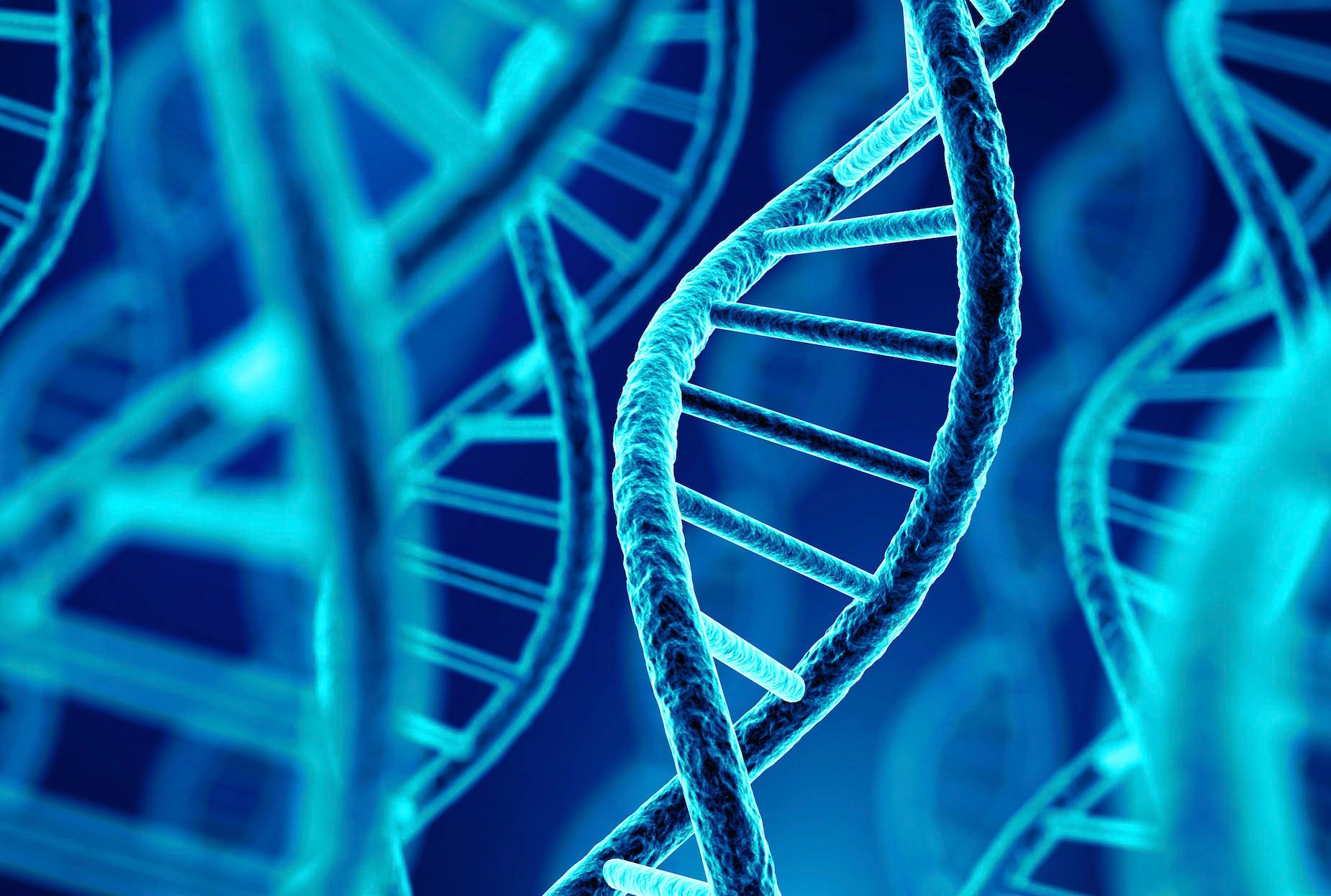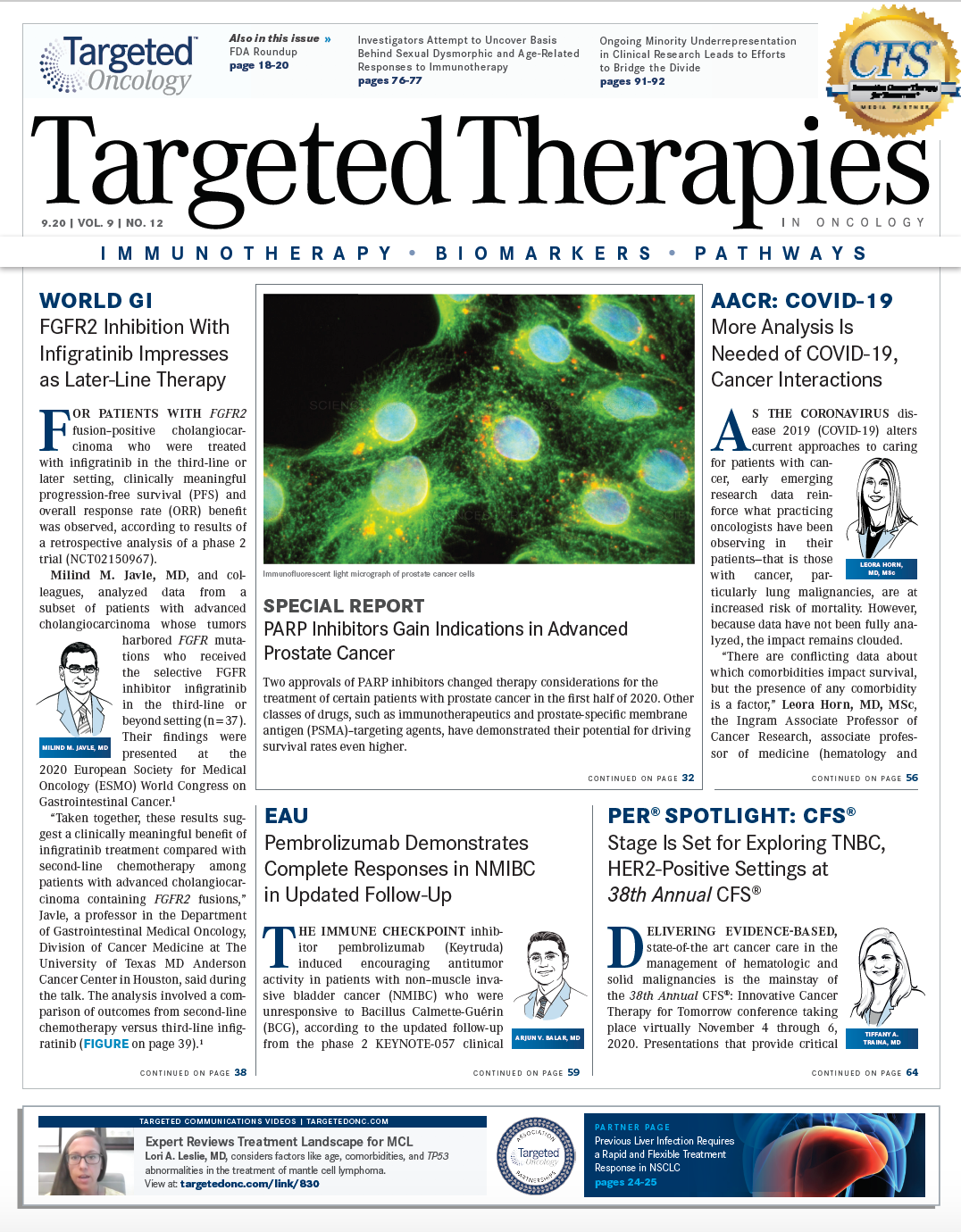Investigators Attempt to Uncover Basis Behind Sexual Dysmorphic and Age-Related Responses to Immunotherapy
An analysis of patient samples from The Cancer Genome Atlas indicated a possible connection between tumor responses to immunotherapy and patient baseline characteristics after investigators discovered evidence of stronger immune selection by female and younger patients in early tumorigenesis.

An analysis of patient samples from The Cancer Genome Atlas indicated a possible connection between tumor responses to immunotherapy and patient baseline characteristics after investigators discovered evidence of stronger immune selection by female and younger patients in early tumorigenesis.
The data provide rationale for sexual dysmorphic and age-related treatment response patterns among patients receiving immune checkpoint blockade. According to the authors of the study, past research has suggested that differences in immune response—as evidenced by the tendency of females compared with males to have higher antibody responses to influenza vaccines, CD4+ T-cell counts, and susceptibility to autoimmune diseases—are not lifestyle dependent, but rather specific to sex.
Non–self-antigens and self-antigens, such as viral proteins and tumor antigens, are exposed by the major histocompatibility complex (MHC) on the cell surface for detection by the immune system. To quantify a patient’s ability to present mutations in their tumor by their specific MHC-I and MHC-II haplotypes, investigators developed a scoring system called Patient Harmonic-mean Best Rank (PHBR), which generates a score that portrays a mutant peptide’s visibility in the immune system. Patients with MHC-I calls (n = 9913) and patients with MHC-II calls (n = 7174) were analyzed, and the cohort was diverse in sex and age.
A significant disadvantage in presenting driver mutations by both MHC-I and MHC-II was observed in females (P <2.6 × 10-4 and P <1.2 × 10-7, respectively) and younger patients (P <2.4 × 10-5 and P <7.3 × 10-4, respectively) across tumor types.
Based on findings that correlated PHBR scores and mutations in sex- and age-specific cohorts, investigators concluded that stronger immune selection may be present in female and younger patients, with sex and age affects being cumulative. Interestingly, younger male patients had worse presentation of their driver mutations compared with older females as demonstrated by independently significant association of sex and age with PHBR scores.
“Our analysis provides a compelling case for the paradigm that immune selection exerts its toll differently with respect to sex and age, with a greater effect in younger females,” the study investigators wrote. “Of note, the younger female cohort has the poorest driver mutation presentation across both the discovery and validation cohorts, suggesting that these effects are strong and complementary.”
They concluded by stating that techniques for predicting the influence of immunoediting on individual patients may lead to better predictions about response to therapy.
Reference
Castro A, Pyke RM, Zhang X, et al. Strength of immune selection in tumors varies with sex and age. Nat Commun. 2020;11(1):4128. doi:10.1038/ s41467-020-17981-0

Survivorship Care Promotes Evidence-Based Approaches for Quality of Life and Beyond
March 21st 2025Frank J. Penedo, PhD, explains the challenges of survivorship care for patients with cancer and how he implements programs to support patients’ emotional, physical, and practical needs.
Read More
Survivorship Care Promotes Evidence-Based Approaches for Quality of Life and Beyond
March 21st 2025Frank J. Penedo, PhD, explains the challenges of survivorship care for patients with cancer and how he implements programs to support patients’ emotional, physical, and practical needs.
Read More
2 Commerce Drive
Cranbury, NJ 08512
All rights reserved.